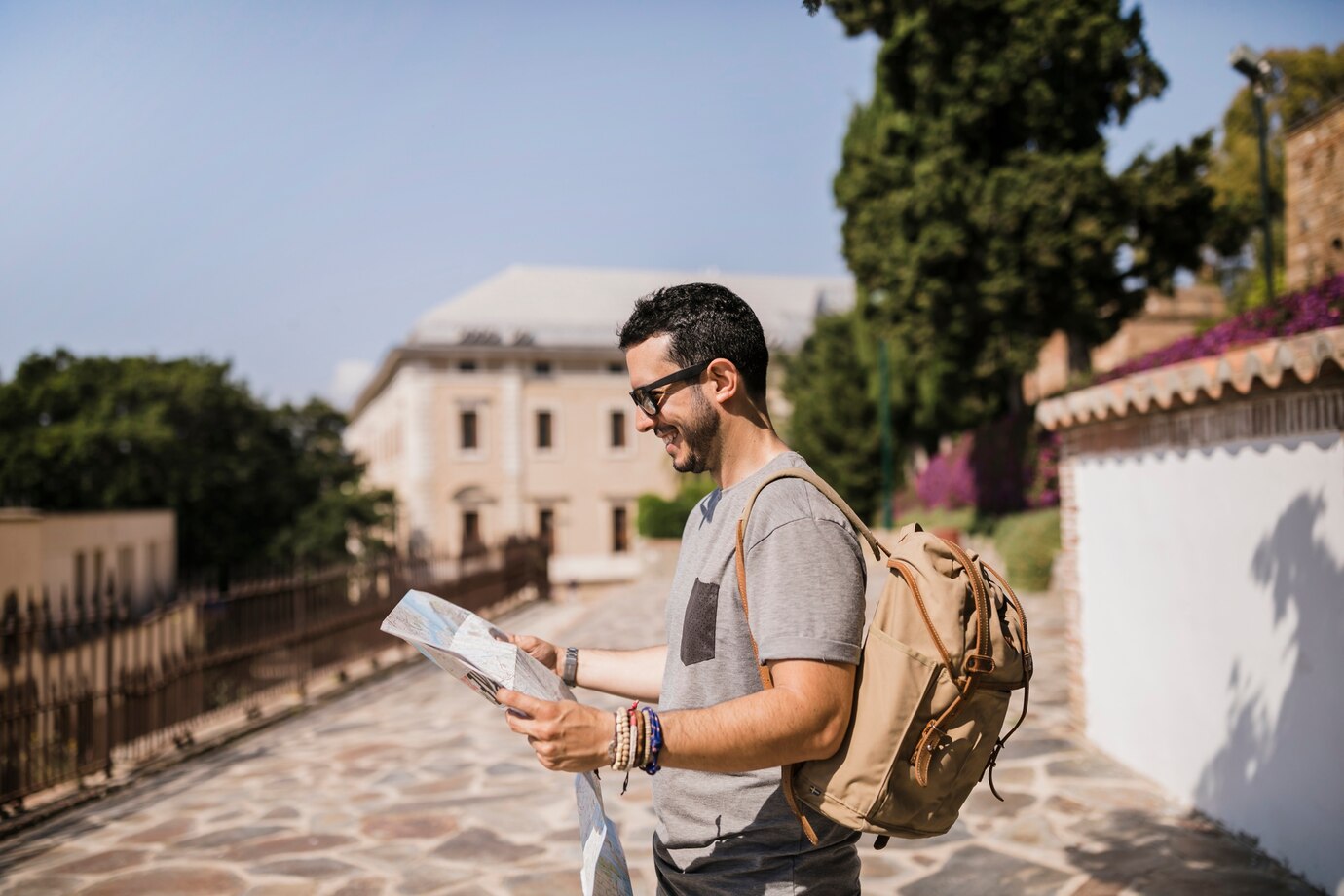By Amalia Theocharidou,
Last Christmas, I was given one of the best gifts I’ve ever received: the chance to study abroad for six months, participating in an Erasmus program and fulfilling one of my lifelong dreams. While everyone was fighting for a chance to study in France or Germany, I thought, why not, and went for a totally different aesthetic, choosing Croatia. And by Croatia, I don’t even mean the capital, but a small city near Italy—Rijeka.
My choice was so random, and to be honest, my expectations were also a bit mid, given the fact that I was distancing myself from the typical Mediterranean Erasmus student’s dream of having an Aperrol in Piazza del Duomo. Rijeka is not that big of a city, and the demotivational words I had heard from students who had been there the previous semester also alerted and worried me about what I could possibly encounter.

With all these thoughts, I departed for Rijeka, heading into a totally foreign environment and a completely unfamiliar apartment. In the first days, the culture shocks were getting the best of me. Yes, smoking indoors is allowed here, even though there’s apparently a law against it. And no, you can’t eat anything in cafeterias; as their name suggests, they are only for coffee and other liquids, something that completely canceled out our brunch culture. Cars stopping immediately when someone tries to cross the street was also something that weirded me out. And don’t get me wrong—I do love the Greek culture and social life—but the driving behavior is something I completely despise.
The true fascination, though, comes when you are brought into contact with students from the other countries. Wanting to make international friends and being bonded by the fact that we are all foreigners in a country we have nothing to do with, I found myself in a huge group of people with different backgrounds, habits, and personalities. Starting conversations, exchanging opinions, or even just asking to be taught phrases in their languages is something that offers so much and asks for nothing in return. Personally, I believe I became wiser through this experience. While in your own country, no matter how open-minded you might be, you still manage to think and operate within a specific perception spectrum. In opportunities like these, you manage to see things under a different light, to argue and discuss, to exchange points of view.

Some would say Erasmus is about studying and gaining more academic knowledge, but I would emphasize more the social and international skills you gain by participating. I mean, knowledge is power, but so is stepping out of your comfort zone and chasing after something that once seemed unreachable. Travelling, getting to know people from all around the world, and proving to yourself that you are capable of making it abroad was, for me, something that counts just as much as acing a test or memorizing something. The feeling of finally becoming an international citizen is something that cannot be replaced or diminished.




